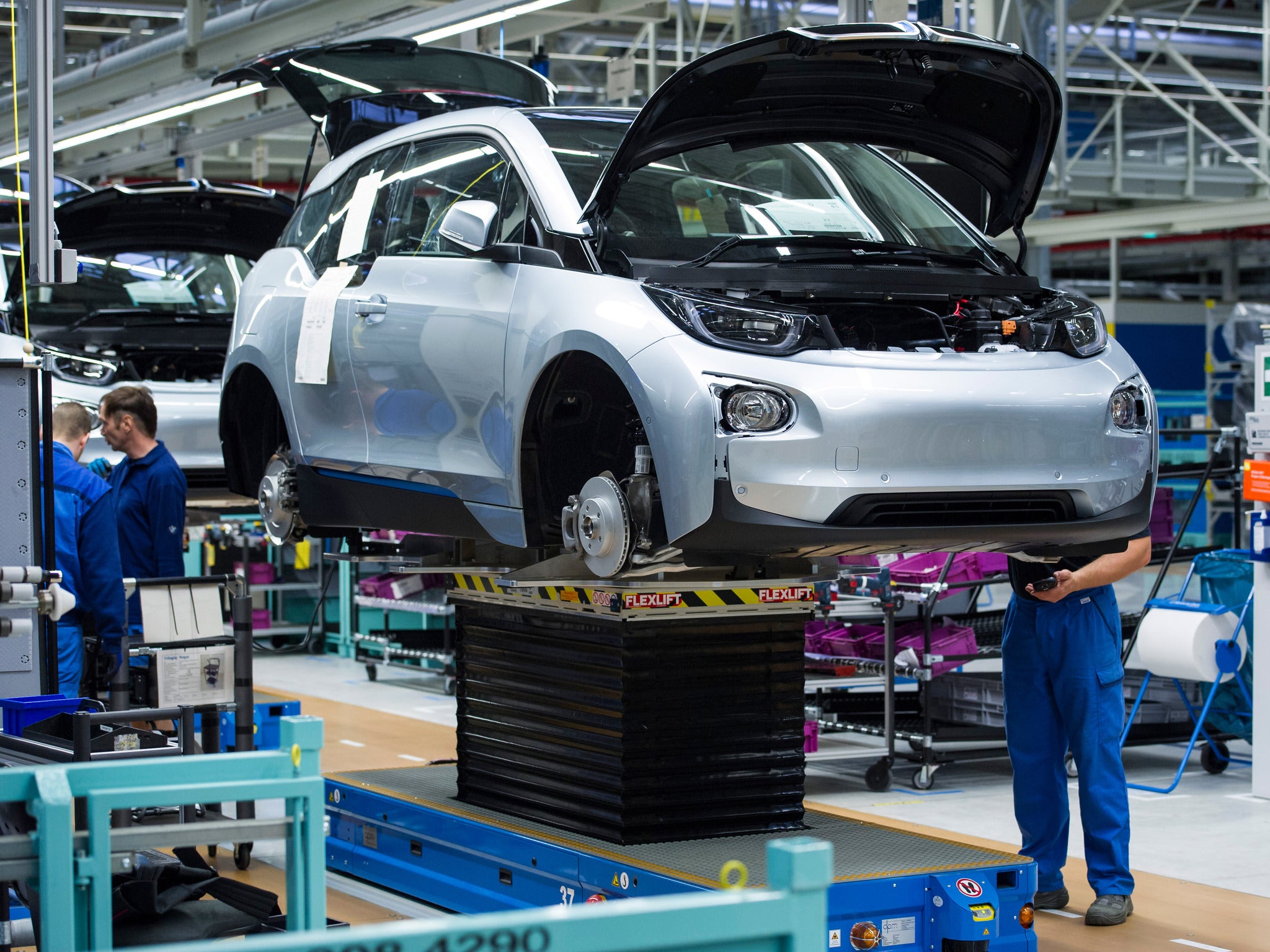Self-driving cars could be driving humans around by 2020, as German carmakers including BMW step up hiring efforts
German carmakers recruiting thousands in attempt to compete with Google’s self-driving car

Your support helps us to tell the story
From reproductive rights to climate change to Big Tech, The Independent is on the ground when the story is developing. Whether it's investigating the financials of Elon Musk's pro-Trump PAC or producing our latest documentary, 'The A Word', which shines a light on the American women fighting for reproductive rights, we know how important it is to parse out the facts from the messaging.
At such a critical moment in US history, we need reporters on the ground. Your donation allows us to keep sending journalists to speak to both sides of the story.
The Independent is trusted by Americans across the entire political spectrum. And unlike many other quality news outlets, we choose not to lock Americans out of our reporting and analysis with paywalls. We believe quality journalism should be available to everyone, paid for by those who can afford it.
Your support makes all the difference.BMW, Audi and Mercedes are launching huge hiring drives — not for mechanical engineers, but for software ones.
Google’s new autonomous example has spurred the German carmakers into investing in thousands of extra staff with software expertise with an average 5% growth in workforce. This comes after the three automotive giants completed a deal in 2014 to buy Nokia’s maps service for 2.5 billion euros.
BMW’s latest attempt is a car that is designed to look and feel like a normal 5 series, with the appropriate limitations that come with it. The car looks inconspicuous on the road — its driverless functionality is largely limited to Germany’s autobahns, without the technology to negotiate junctions or roundabouts.
The company has told the Guardian that it hopes those cars will be ready for highly-automated driving by 2020.
"We think sometime after 2020 we will be ready for the first highly automated function, which means that the driver will be actually able to do something other than monitor the system – read emails, call somebody, check the news, whatever," said Michael Aeberhard, who runs BMW's project. "But even in this mode, there are situations when the car knows it will reach its limit. Then it will tell the driver, with 15 or 20 second warning: sorry you need to take over.”
Google is moving in a different direction. Their car aims to achieve fully autonomous city driving, reacting to the sudden changes and potential hazards on a busy street. The cars "have sensors designed to detect objects as far as two football fields away in all directions, including pedestrians, cyclists and vehicles –or even fluttering plastic shopping bags and rogue birds,” according to the company's website for the project.
The Google prototype has evolved in the past few years. The steering wheel and pedals are gone, the interior is designed for riding rather than driving, and the rounded body is powered entirely by electric batteries.
1.2 million people are killed every year on the roads, and Google are working on the idea that totally autonomous driving is the only option to eliminate human error. If their lofty ambitions are realised, the German car manufacturers may be left behind in the technological race.
Join our commenting forum
Join thought-provoking conversations, follow other Independent readers and see their replies
Comments